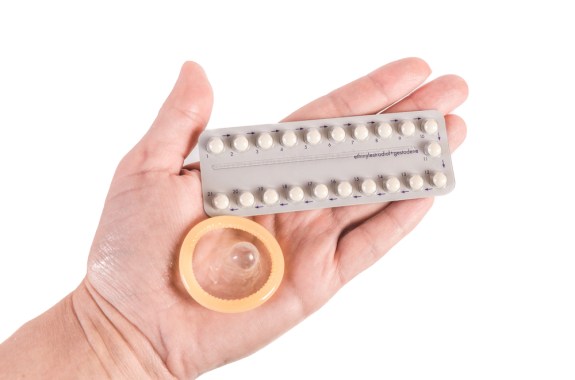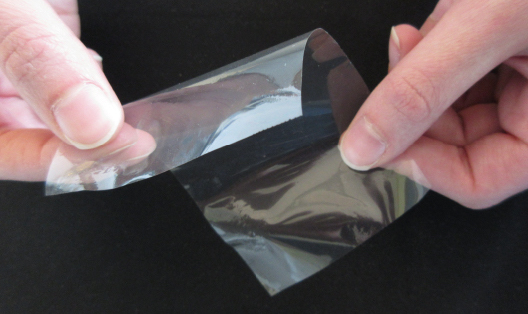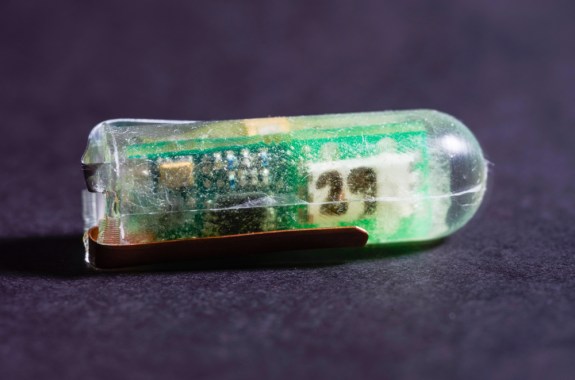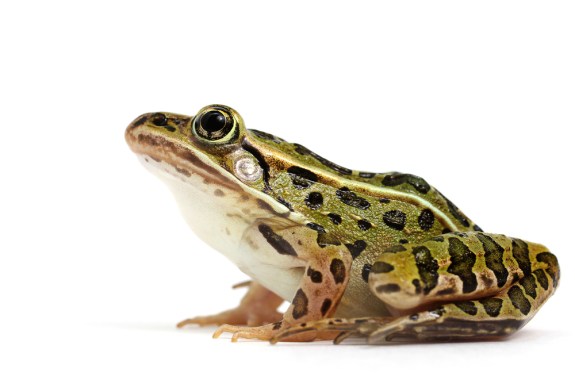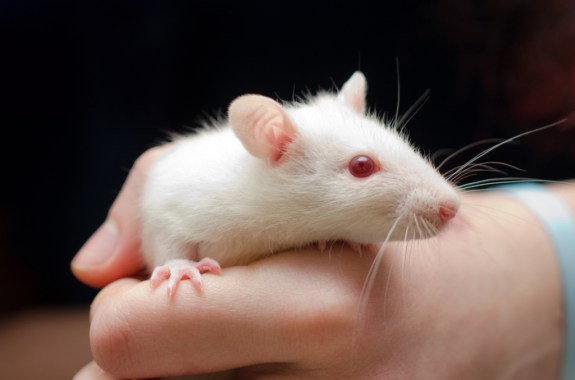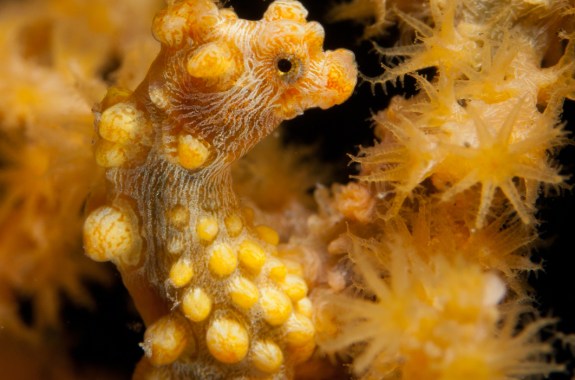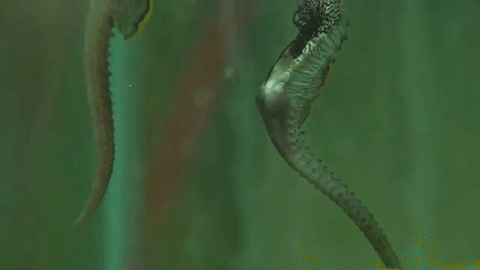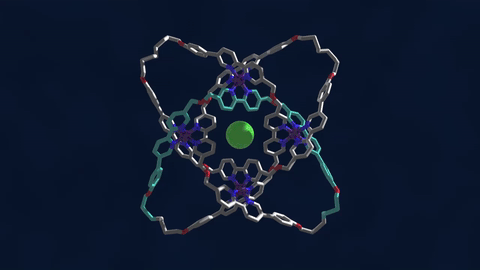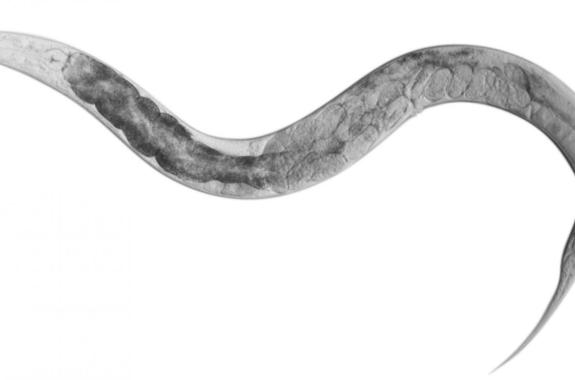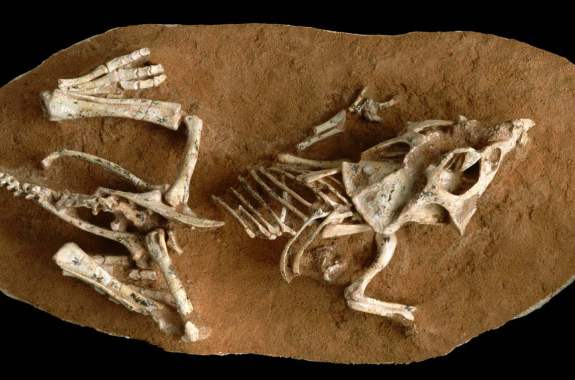07:21
An Advance Towards Male Birth Control, Sequencing the Quinoa Genome, and Slip-Off Gecko Skin
A male contraceptive gel prevented pregnancies for a year in rhesus monkeys.
11:54
Why So (Heat) Sensitive?
A new plant-derived material claims the title of most heat-sensitive.
6:35
Harvesting Power From the Gut
Researchers have designed a battery that runs on stomach acid to power ingestible sensors.
8:37
The Secrets of Sticky Frog Saliva
Frog saliva changes from high to low viscosity when it hits an insect.
16:45
Human-Animal Hybrids Find Their Place in Medicine
New advances in stem cell research will one day make it possible to grow human transplant organs in animal hosts.
8:11
Where Do Baby Seahorses Come From?
Seahorses are one of the few vertebrates where males become pregnant and give birth to offspring.
What To Expect From An Expecting Seahorse
Seahorses and their cousins the pipefish are the only vertebrates where males become pregnant. Here’s how it works!
7:56
Twisted Science: Tying The Strongest Molecular Knot
There are more than six billion known knot configurations. Scientists have used metal ions to tie the tightest molecular knot.
9:00
Why You Should Be Patient With Your Indecisive Teen
A roundworm model suggests that teenage indecision isn’t just a torture tactic.
7:35
Cracking Open How Dinosaurs Hatched
The incubation period for dinosaurs, depending on the species, could have ranged from 3–6 months.
